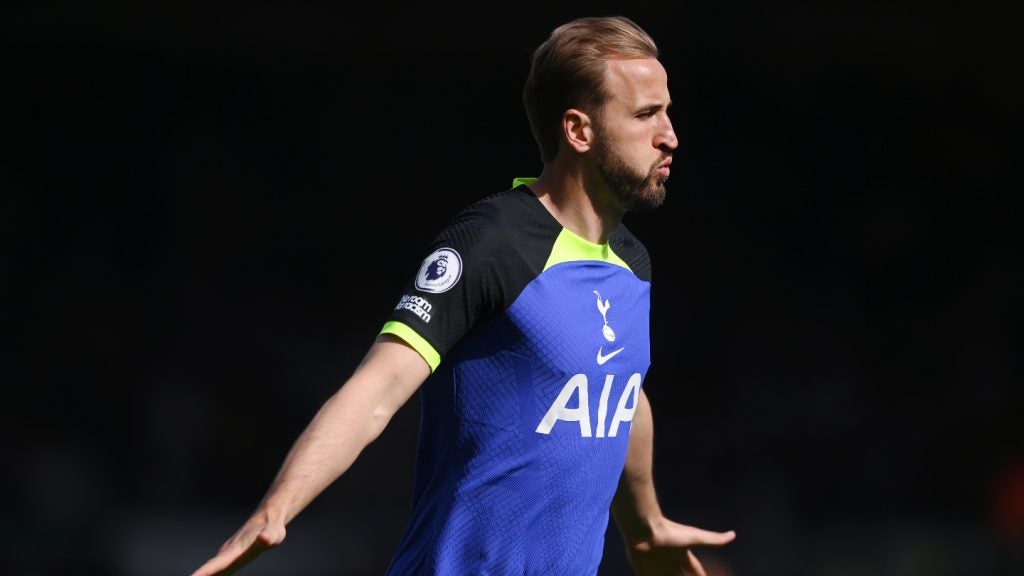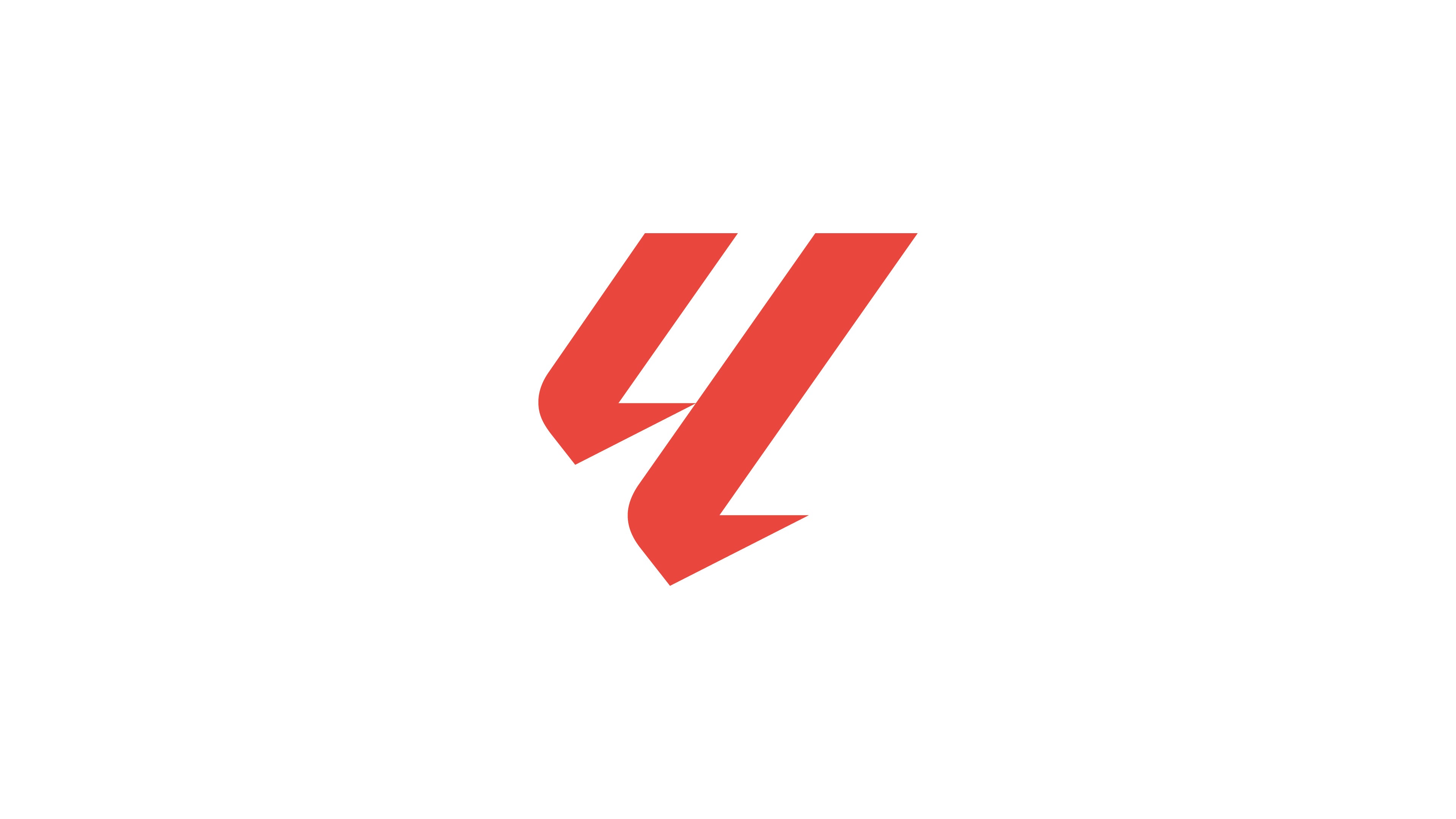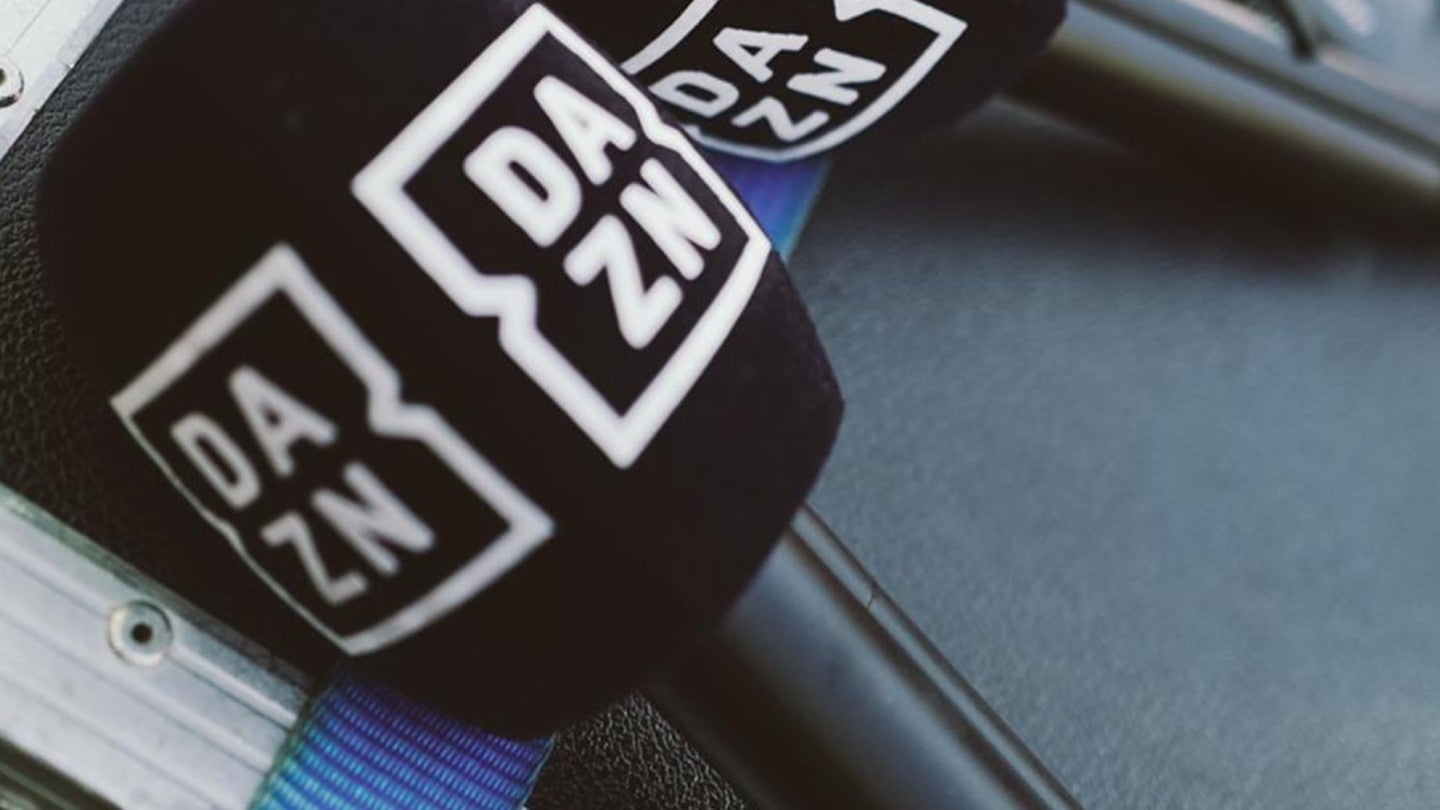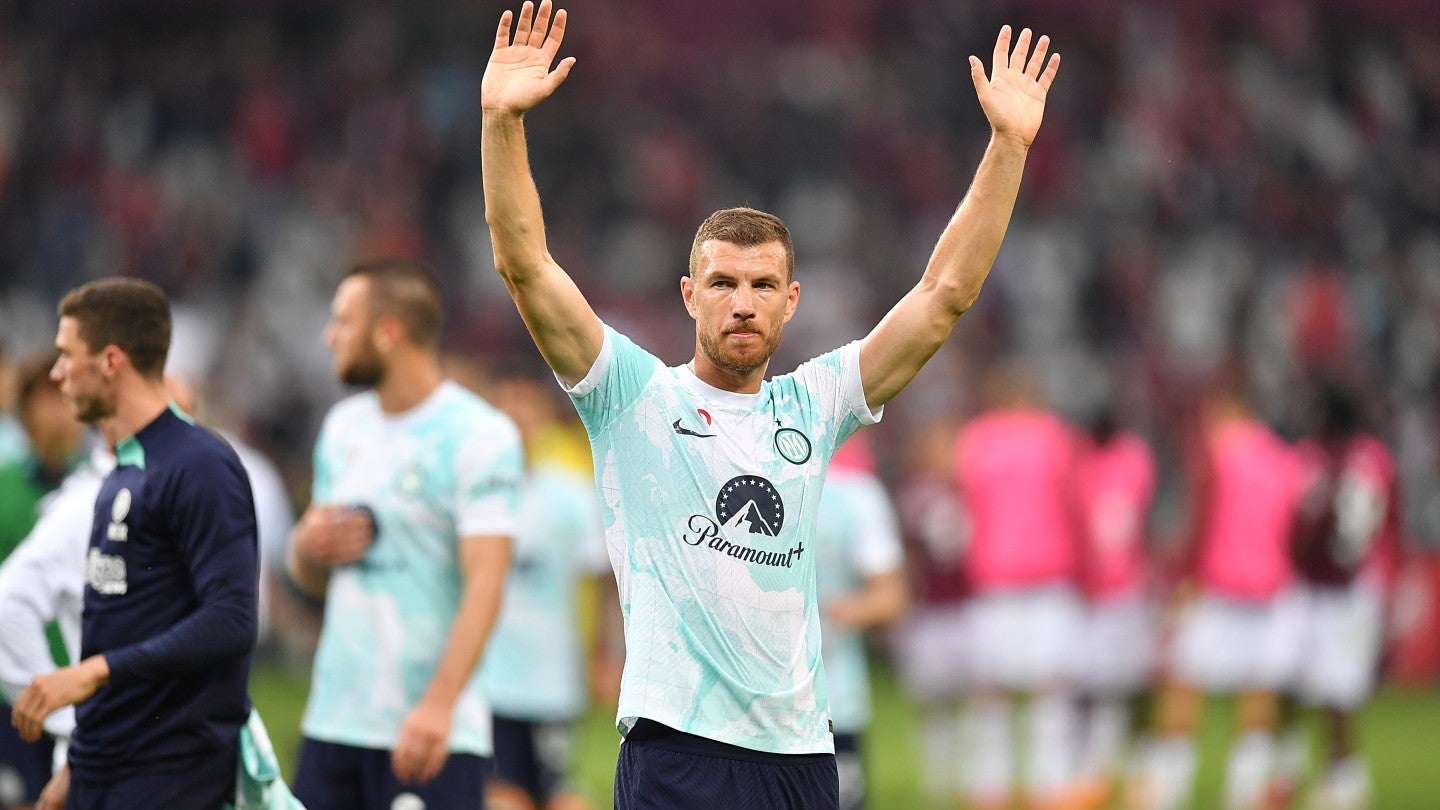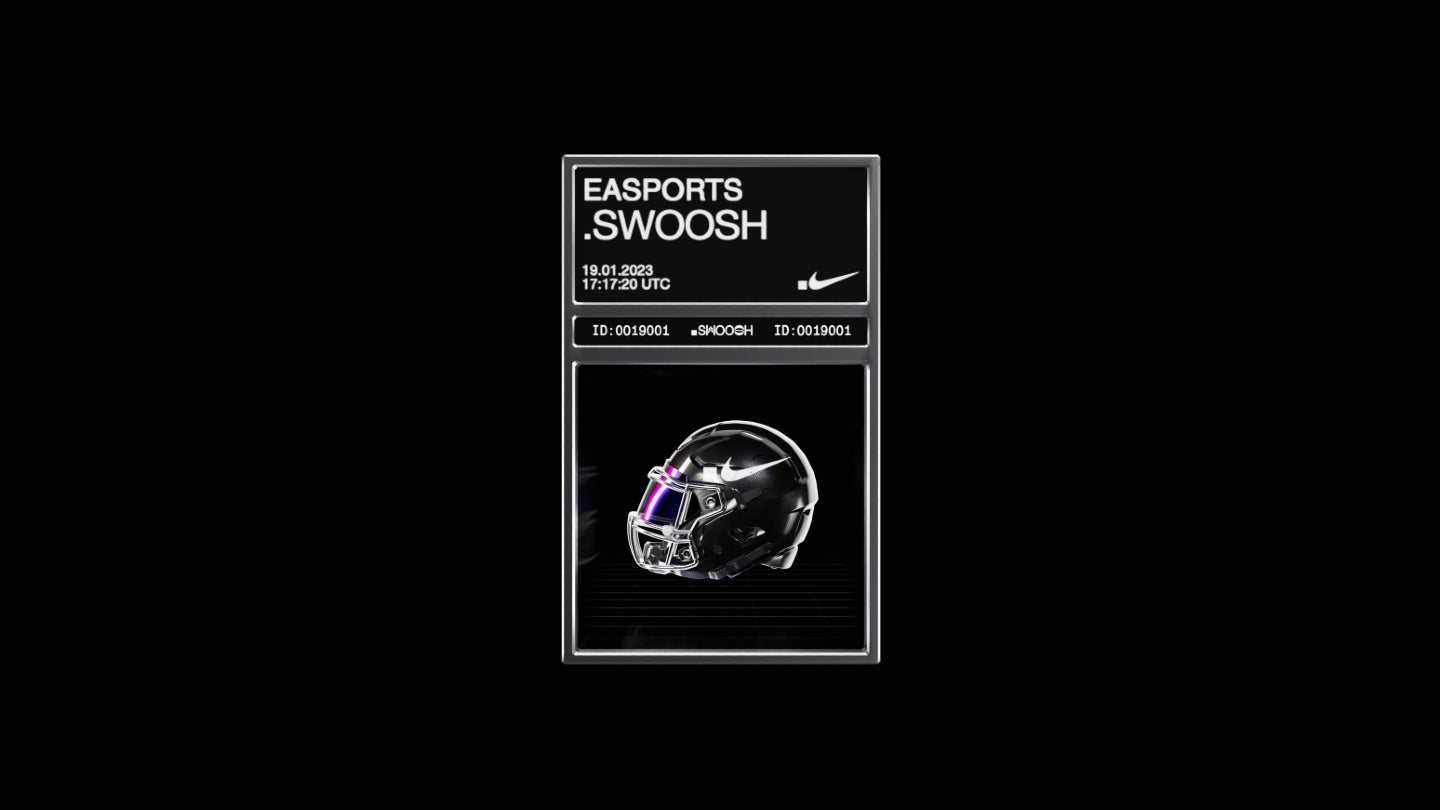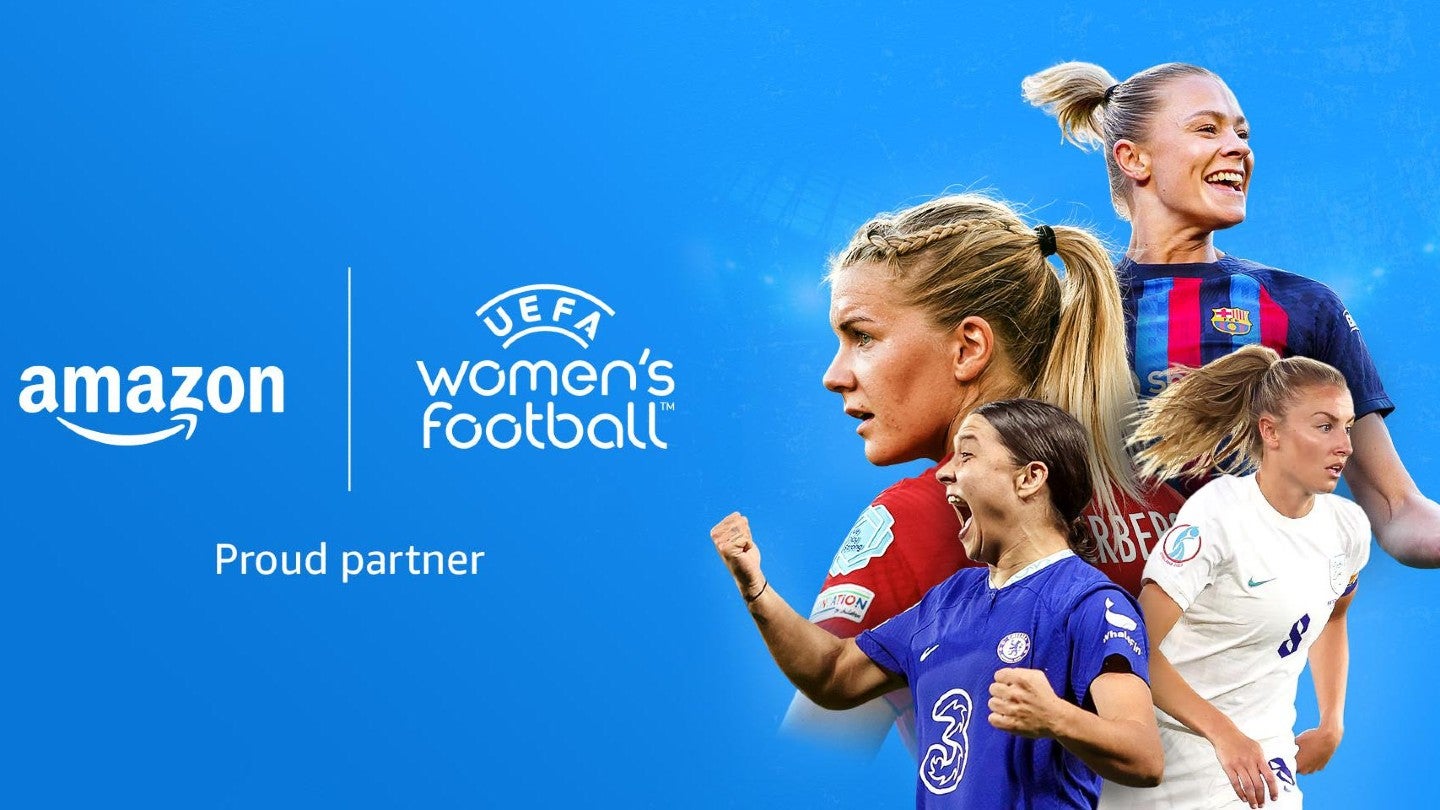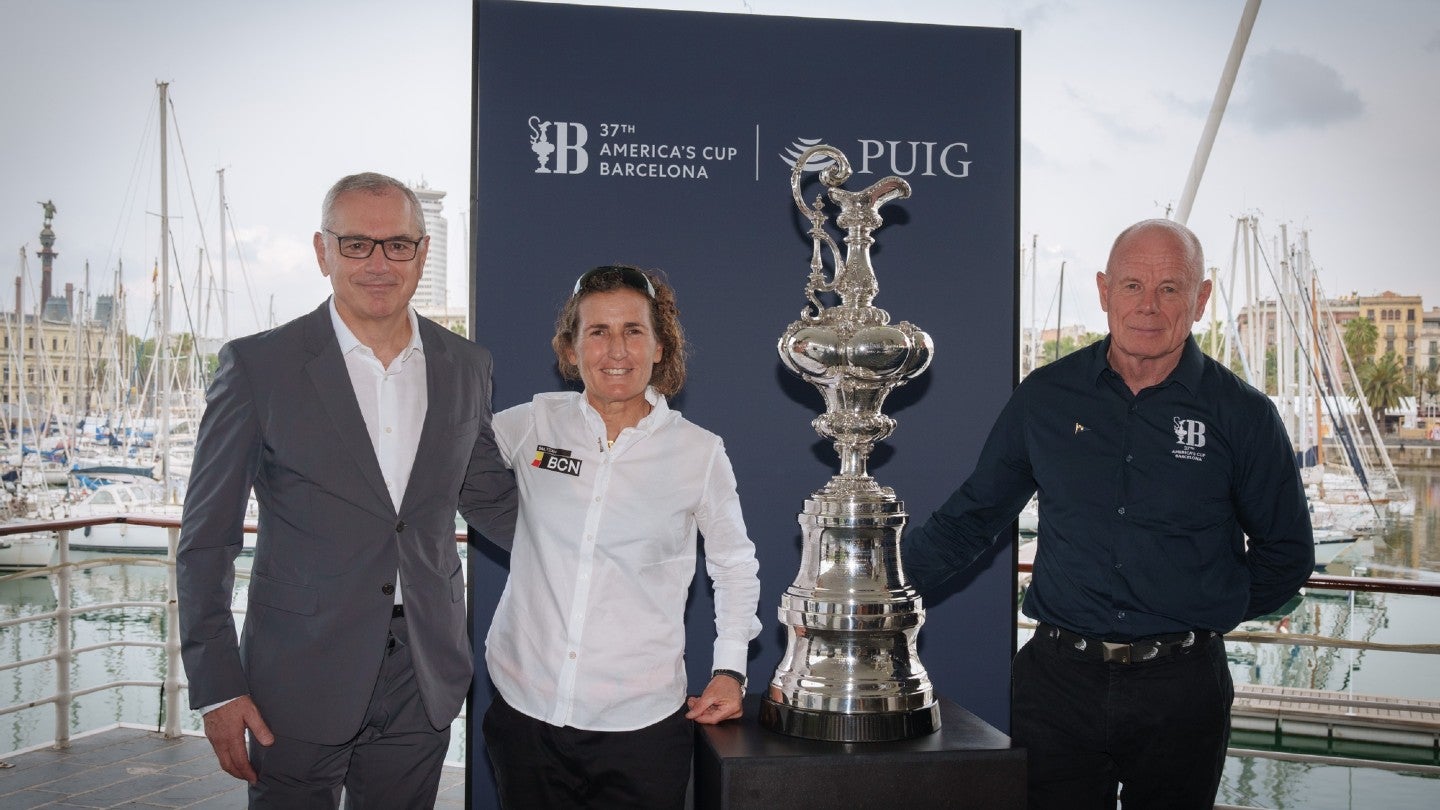Corporate image cleansing and sports have long been intertwined, with companies laundering poor ethical or environmental records by sponsoring teams or events to boost popularity and distract from problematic practices.
Such is the prevalence of this that the globally recognized concept of greenwashing has been joined by that of ‘sportswashing’.
With more than three billion viewers (double that of the UEFA Champions League or German Bundesliga), English soccer’s top-tier Premier League is the most-watched sports league worldwide. It holds mass appeal among sponsors - attracting companies worth billions to self-promote across kits, stadiums, and TV coverage.
Much as criticism over the financial origins of club owners - like Russian tycoon Roman Abramovich at Chelsea, Emirati Sheikh Mansour at Manchester City, and more recently Saudi Arabia’s Public Investment Fund at Newcastle - has ramped up in recent years, scrutiny towards the socioenvironmental impact of club sponsors is also on the rise.
Cleaner clubs, dirty sponsors
This impact is far from clean. An inspection of each Premier League team’s main sponsor reveals ties with companies in the betting, banking, and aviation sectors. Commercial airlines such as Fly Emirates (sponsors of Arsenal FC) and Etihad Airways (Manchester City) are significant contributors to climate change, with air travel accounting for over 2% of global greenhouse gas emissions.
In April, the UK’s Advertising Standards Authority regulator banned two of Etihad’s ads for misleading consumers about the environmental impact of flying. The Abu Dhabi-based airline owns stadium naming and shirt sponsorship rights for Manchester City - who will clinch a historic treble if they beat Italy's Inter Milan in the Champions League final on Saturday (June 10).
Even for the world’s richest club, this sponsorship is a significant financial boost, comprising $68 million of Manchester City’s revenue for the 2022-23 season, which will be higher than the $411 million figure the club generated in 2021-22.
Sponsorship sportswashing also occurs through association with Premier League clubs’ sustainability initiatives - which are improving. Recent years have seen recycling rates at Liverpool FC matches reach 90%, Brighton and Hove Albion cut car emissions by offering free public transport to traveling fans, and Arsenal FC switch to entirely green electricity.
In May, Sport Positive’s annual rankings put Tottenham Hotspur and Liverpool FC as the frontrunners in eco-friendly practices in 2022. These rankings, however, will likely change should Sport Positive include its promised category of sponsorship and ownership.
Tottenham’s shirt sponsor AIA was criticized by fossil fuel divestment campaigners for its $6-billion stake in coal industry projects. The Hong Kong-based insurance company has since promised to divest from all fossil fuel projects by 2028, according to its ESG report.
Liverpool’s shirt sponsor Standard Chartered, meanwhile, cut its ties with coal miner Adaro Energy after being accused of hypocrisy for providing it with a loan despite the bank’s claims around environmental responsibility.
Conrad Wiacek, Head of Analysis for GlobalData Sport, comments: “Sportswashing has long been used by various governments and organizations to improve their image - one can point to the 1980 Moscow Olympics as a prime example of this practice. The recent Winter and Summer Olympic Games in China and Russia, along with last year’s FIFA World Cup in Qatar, meanwhile, show the power of megaevents to deflect questions around human rights abuses and the curtailment of democratic norms.
“However, the English Premier League allows sportswashing activities to be conducted in a far more subtle way. With the Saudi Arabian takeover of Newcastle United likely to be accompanied by a new front-of-shirt sponsor from the kingdom and the aforementioned Etihad Airways deal with Manchester City, it is impossible not to draw the conclusion that the regimes controlling the clubs are funneling state money into the club as a means of increasing revenue. This allows the clubs to spend more on players, bringing greater success and prestige to the clubs in question, which then reflects on the owners.
“While the commercial deals can be questioned - the Etihad deal with Manchester City is under investigation given the inflated value of the deal at the time it was signed - the reason sports are a popular vehicle for reputation laundering is that the owners in question need not say anything in their defense as the fans will do this for them. As an example, any journalist questioning the legitimacy of Manchester City’s success on social media is routinely attacked by fans, while any criticism relating to human rights abuses by Saudi Arabia draws a full and passionate defense by a section of Newcastle fans, who are only interested in seeing their club be successful.
“Companies like Standard Chartered have also been the subject of greenwashing allegations, with the organization providing a $400-million, five-year syndicated loan to Indonesian coal miner Adaro Energy. This was despite the bank’s own internal calculations showing Adaro’s contribution to global warming was plainly incompatible with the Paris Accord.
“These practices tend to be of little concern to fans, who are only interested in winning, and with brands contributing over $1.5 billion to Premier League teams through sponsorship, it is unlikely that many fans look too closely at the ethical practices of the brands with which their club partner.”
Tightening Premier League sponsorship rules
Pressure to clean up sponsorships within the league has been increasing to some extent, though.
Premier League clubs recently voted to ban betting companies from front-of-shirt sponsorship, as of the end of the 2025-26 season. This decision came amid concerns that shirt sponsorship by betting companies normalizes gambling for children and intensifies addictions among adults.
Attention to the subliminal effects of sponsorship has intensified following Ivan Toney’s eight-month ban for gambling. It was announced at the end of May that the Brentford striker had been diagnosed with a gambling addiction after admitting to 232 breaches of betting rules - including 13 bets on his own club to lose.
Sponsorship by Hollywood Bets makes Brentford one of eight current top-flight clubs with gambling companies as kit advertisers. From Stake.com (Everton FC) to Fun88 (Newcastle United), these sponsorships have an estimated annual value of more than $69 million according to GlobalData’s Sports Sponsorship Deals Database.
Dependent on sponsors? Statistics suggest otherwise
The considerable financial influence wielded by unethical or unsustainable companies in the Premier League is reflective of the sports industry as a whole. In 2022, the sports industry generated more than $740 million in sponsorship deals from the oil, gas, and petrol sectors, GlobalData’s Thematic Intelligence reveals.
Nonetheless, the world’s most-watched sports league is in a unique position. Premier League clubs are estimated to have generated over $1.5 billion from sponsorships in the 2022-23 season, but domestic and international broadcasting rights brought in even more at $3.1 billion over the same time period.
While Premier League clubs are aware that money maintains competitiveness, the popularity of the top English division is such that replacing unethical or unsustainable sponsors will not be difficult. Sportswashing can be eradicated without sacrificing significant profits.
This relative financial diversity places Premier League clubs in a unique position to expand beyond surface-level sustainability initiatives. Whether it be from fans, players, or investors, heightened skepticism towards sportswashing will mean that considering the social and environmental impact of sponsors will develop from a moral dilemma to an economic necessity.
Image: Stu Forster/Getty Images


